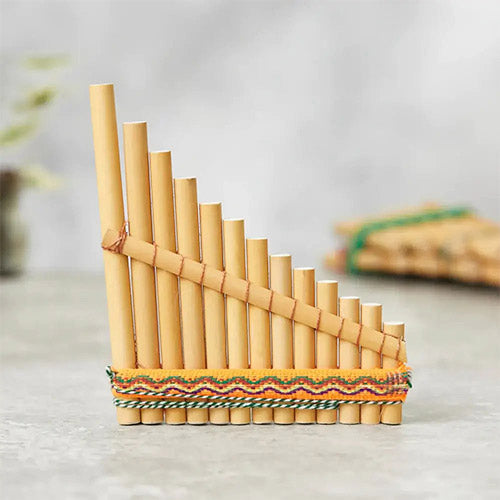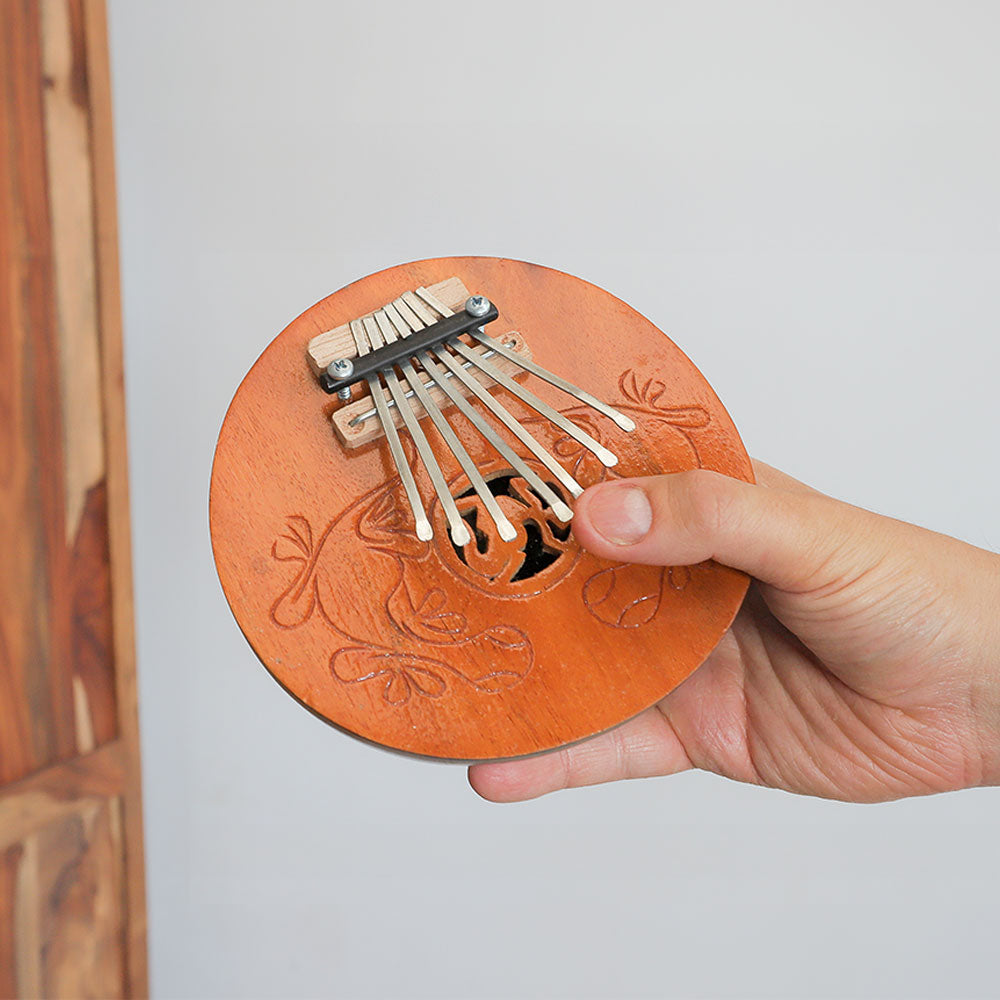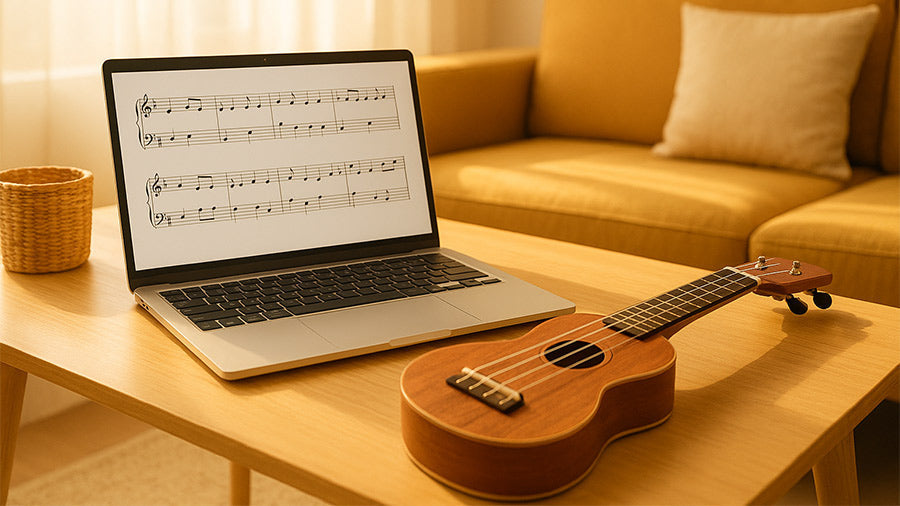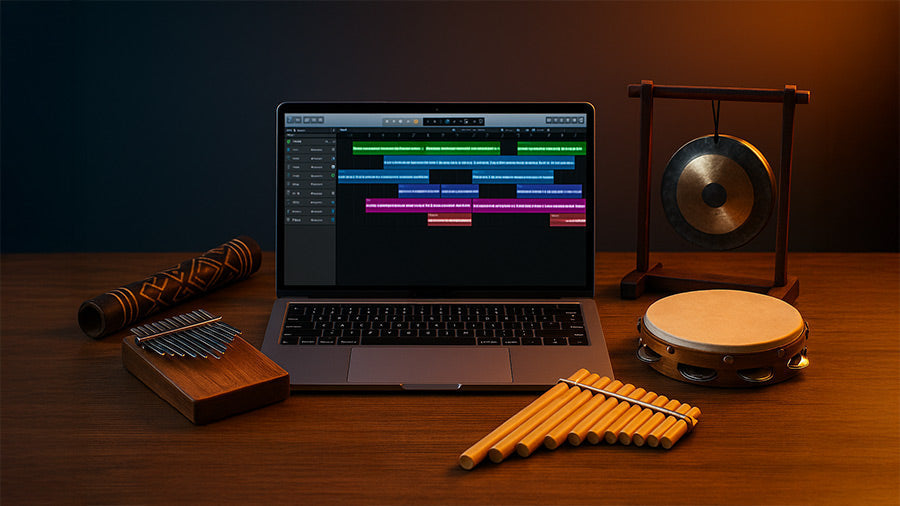The flute has a long and rich history, dating back thousands of years to ancient civilisations such as Egypt and Greece. The modern Western concert flute has its origins in Germany in the early 19th century. It is a beautiful and versatile instrument that has been around for centuries. Learning to play the flute can be an enriching experience, whether you're pursuing it as a hobby or a career. However, if you're a beginner, finding the right flute can be a daunting task. there are many things to consider before making a purchase and with so many options available, it's easy to get overwhelmed, especially when you're on a tight budget. Here are some factors to consider to help you find the best flute for your needs.
Material
The materials used to make the flute will affect its sound quality, durability, and price. Flutes can be made of different materials, including plastic, wood, nickel, silver, gold, and platinum. Each material has its unique characteristics, and the price will vary accordingly. As a beginner, a wooden flute is one of the most affordable options but if you would like a metal one, a nickel-plated flute is an excellent choice as it is durable. It's also easy to maintain, unlike silver or gold flutes, which require regular polishing.
Budget
Flutes come in a wide range of prices, and as a beginner, you don't need to break the bank to get a good quality instrument. However, you should avoid buying a poorly made flute as it will affect your learning experience. If you would like a budget flute you should opt for a wooden one because it will typically be priced between £10-£50 whereas a professional metal beginner flute will range between £300 to £500 for a decent beginner flute. This price range will give you access to good quality instruments that are easy to play and produce a good tone. The price jump is quite dramatic so the difference here is that someone who wants to try the instrument to see if they like it should go for a low cost one wheres someone who already has some experience and is serious about learning to play it professionally should opt for the latter. A flute for an advanced-level musician could cost upwards of £10,000.
Types of flute
There are different types of flutes, each with their own unique sound and characteristics. The most common type of flute is the Western concert flute, which is typically made of metal or wood and has a range of about three octaves. To name a few theres the standard C flute, piccolo, alto, bass but it doesn’t stop there are also traditional Andean flutes, bamboo flutes, nose flutes, recorder, the Indian bansuri, the Chinese dizi and so many more. As a beginner, you'll most likely start with the standard C flute, which is the most common type. It's easy to play, and there are plenty of resources available to help you learn. However, if you have an interest in playing a particular genre of music, you may want to consider a different type of flute. For example, if you're interested in playing jazz, you may want to consider an alto flute.
Brand
The brand of the flute is also an essential factor to consider. Established brands like Yamaha, Gemeinhardt, and Pearl are known for producing good quality beginner flutes. These brands have a reputation to maintain, and they invest in research and development to produce instruments that are easy to play and produce a good tone. The downsides are that these tend to be very expensive and on the other hand you should avoid buying flutes from unknown brands as they may not be reliable and may not have a good resale value. That being said buying a handmade flute from a trusted musical instrument supplier is a reliable way to buy a budget instrument.
Open vs. Closed Hole
Flutes come in both open and closed hole variations. Closed hole flutes are easier for beginners to play, while open hole flutes allow for more advanced techniques and are preferred by professional players.
Accessories
When purchasing a flute, you may also want to consider accessories such as a cleaning cloth, case, stand, and cleaner. These items can help keep your flute in good condition and make it easier to transport.
Playing Techniques
Playing the flute requires a lot of practice and dedication. Some basic techniques to master include proper posture, breath control, and finger placement. Warm-ups and exercises can also help build strength and technique.
Recommended Flutes (Our Top picks)
Vietnamese bamboo flute
★★★★★ - " Thank you. Beautiful instrument, carefully packaged and sent quickly". - Verified Buyer
- Great first flute for beginners
- Budget friendly
- Handmade flute (42cm)
- Easy to play
Quena Andean Flute
★★★★★ - " Excellent service, thank you. Item arrived super quickly, safe and sound, really well packaged. Good communication". - Verified Buyer
- Perfect second stage flute
- Produces rich tone
- Handmade flute (38cm)
- Classic musical instrument
Finding the best flute for a beginner requires careful consideration of the materials, budget, type of flute, and brand. By keeping these factors in mind, you'll be able to find an instrument that's easy to play, produces a good tone, and fits your budget. Remember to also invest in a good quality case to protect your instrument and keep it in good condition. With the right flute, you'll be on your way to becoming a skilled flutist in no time.
Flute (Frequently Asked Questions)
Why is flute the hardest instrument?
Playing the flute demands exact finger placement, breath control, and mastery of different mouth techniques to make various sounds. Its high pitch and the need for gentle playing style make it challenging.
Where is flute mostly used?
Flutes have been widely loved throughout history, but the modern concert flute, also called the Western concert flute, is the most commonly used in orchestras and bands nowadays.
Why is the flute special?
The flute is a special wind instrument, unlike others such as the saxophone and bassoon because it doesn't use a reed. It stands out because its music blends smoothly with other orchestra instruments while maintaining its distinct sound.
Who invented the flute?
Theobald Boehm (1794-1881) was a German inventor and musician famous for creating the modern flute and a better fingering system called the "Boehm system." He patented this new fingering system in 1847.









